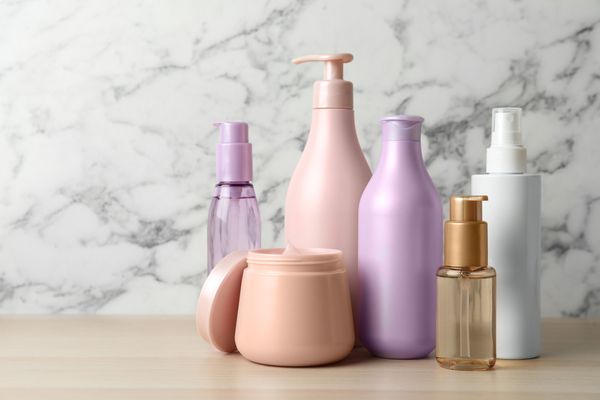On Friday, Unilever plc (UL +1.23%) announced that it's received a binding offer of 6.8 billion euros ($8.1 billion) from investment firm KKR & Co., L.P. (KKR 0.63%) for its global margarine and spreads business. Unilever has been shopping this revenue stream for a while: In recent years, the spreads business has stalled and weighed on the company's top line. Brands like Country Crock, I Can't Believe It's Not Butter, and Becel require heavier marketing today to match the renewed interest in unadulterated butter.
Aside from considerations of profit, the margarine business also doesn't align as well with Unilever's current aspirations to be seen as a provider of more nutritive packaged foods. Let's unpack the financial and cultural logic that resulted in Unilever's disposition of an extremely durable investment.

Image source: Unilever.
Spreads hold value, but investors will benefit from divestment
As a core business, spreads formed a significant wedge in the pie chart of Unilever's revenue composition, at an annual turnover of 3 billion euros -- nearly 6% of Unilever's 2016 revenue of over 52 billion euros. And it's generated a pretty decent profit. Considering that the division's EBITDA margin of 22% in 2016 outpaced Unilever's overall EBITDA margin of 18%, KKR may be able to achieve a credible return on its leveraged buyout.
But Unilever will show higher organic revenue growth after the deal. In the first nine months of 2017, Unilever booked top-line organic improvement of 2.8%. Yet remove spreads, which has experienced declining sales, and organic growth pops to 3.2% during the same period. In today's slow-growth consumer packaged goods environment, the magic number of 3% counts as admirable expansion.
The timing of the sale provides a lift to the organization. While Unilever has eyed a spreads exit for several years, divestment took on more urgency after Kraft Heinz Co's (KHC +2.48%) failed $143 billion takeover bid in February forced the company to begin to enhance shareholder value at a more rapid clip than before.
Investors may realize the deal's benefits through a few different avenues. First, removing the weight on revenue growth will likely earn Unilever a slightly higher valuation over the next year, barring any surprises from other parts of its business. And of course, dispensing with an underperforming division allows management to focus on high-reward opportunities, while freeing up marketing dollars for faster-moving brands.
Additionally, in its press release on the transaction, Unilever affirmed that it intends to return the sale proceeds to shareholders, "unless more value-creating acquisition alternatives arise." Thus, shareholders will see one or a mix of the following: support of the "UL" stock price through share repurchases, the issuance of a special common stock dividend, or more of the small, high-yield acquisitions Unilever has engaged in of late.
If you follow the company, you've probably become accustomed to Unilever's steady cadence of bolt-on acquisitions. Just the day before the announcement of KKR's winning offer, Unilever revealed that it's acquired Oregon-based natural personal products specialist Schmidt's Naturals for an undisclosed amount.
Unilever's management has been keeping score on its sundry business purchases. In the company's most recent earnings conference call, on Oct. 19, CFO Graeme Pitkethly noted that Unilever has completed 18 acquisitions since 2015, for a total investment of 8.2 billion euros, which has added 2.1 billion euros to annual revenue. Pitkethly stated that the acquired businesses have collectively grown at a 16% annualized rate in the first nine months of 2017.
Since the earnings call, Unilever has announced four more acquisitions, including the Schmidt's Naturals deal and the notable purchase of the Tazo Tea business from Starbucks.
Consumer relevance and company mission are key to Unilever's recent transactions. The company describes businesses in this emerging portfolio as "fast-growing, purpose-led companies." Like Schmidt's Naturals and Sundial Brands, a rising New York-based personal care products company snapped up three weeks ago, most of the acquired concerns fit with Unilever's drive to be the global leader in consumer goods sustainability. The serial brand purchases aren't about spreading the company's bets; the acquisitions are purposefully targeted, with the goal to align with consumer demand.
It's a bit ironic that Unilever, which after all began life in 1930 as the merger of a margarine manufacturer, Margarine Unie, with soap maker Lever Brothers, would have to sell its spreads business. At the time the spreads craze reached its zenith, several decades ago, consumers believed firmly that margarine was a much healthier option than butter.
But times are changing, and Unilever understands that it's better to let a motivated buyer wring economic profit out of a stalled division than to wrestle with a business that doesn't really align with corporate vision. Management can more purposefully and effectively invest elsewhere, while sharing some of the spreads cash with shareholders.








